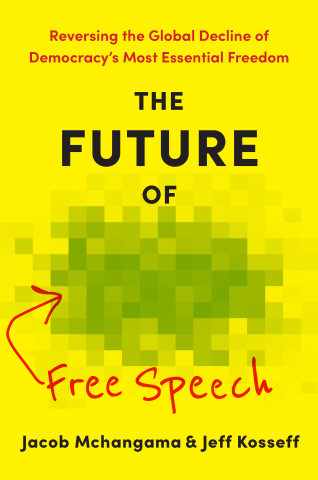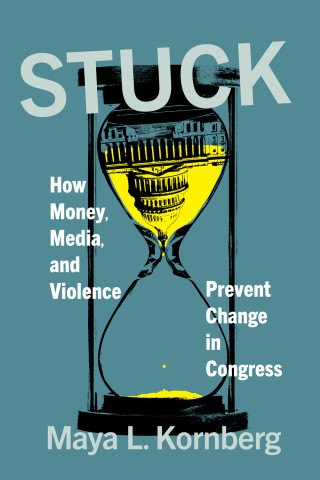
Reviews
Leading political scientists [argue that] national politicians, far from being gridlocked, have acted with alacrity to implement fundamental and often surprising reforms in fields as diverse as education, immigration, and tax reform. In some of these areas the powerful lobbyists have been, literally, banished from the Congressional committee rooms, confounding most text books on American politics. This is an important book, which teaches the value of ideas in the post-utilitarian world of modern America.
All people want to talk about these days is the Republican 'revolution' in the process and substance of public policy. This collection of essays gives us a framework for assessing the novelty of the 'revolution' and, more importantly, for grounding today's policy developments in the changes in American politics and political philosophy over the past two decades.
An ambitious, provocative book that develops a powerful argument explaining how and why policy innovation is more characteristic of the American system than gridlock."—Thomas E. Mann, The Brookings Institution."In this book many of the most distinguished analysts of American public policies and processes offer fresh, challenging, and often illuminating commentaries.
Book Details
Part I. Introduction
Chapter 1. Of Interests and Values: The New Politics and the New Political Science
Part II. Adversarial Legalism and the Rights Revolution
Chapter 2. Separation of Powers and the
Part I. Introduction
Chapter 1. Of Interests and Values: The New Politics and the New Political Science
Part II. Adversarial Legalism and the Rights Revolution
Chapter 2. Separation of Powers and the Strategy of Rights: The Expansion of Special Education
Chapter 3. The Politics of Rapid Legal Change: Immigration Policy in the 1980s
Chapter 4. Adversarial Legalism and American Government
Part III. Taxing and Spending
Chapter 5. Policy Models and Political Change: Insights from the Passage of Tax Reform
Chapter 6. The Politics of the Entitlement Process
Chapter 7. Elusive Community: Democracy, Deliberation, and the Reconstruction of Health Policy
Part IV. Regulation and Deregulation
Chapter 8. The New Politics of Environmental Policy
Chapter 9. Policy making in the Contemporary Congress: Three Dimensions of Performance
Part V. Conclusion
Chapter 10. New Politics, New Elites, Old Publics
Chapter 11. Two-Tier Politics and the Problem of Public Policy
Chapter 12. The new Politics of Public Policy
Notes
List of Contirbutors
Index






